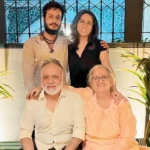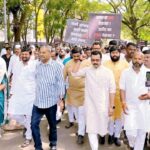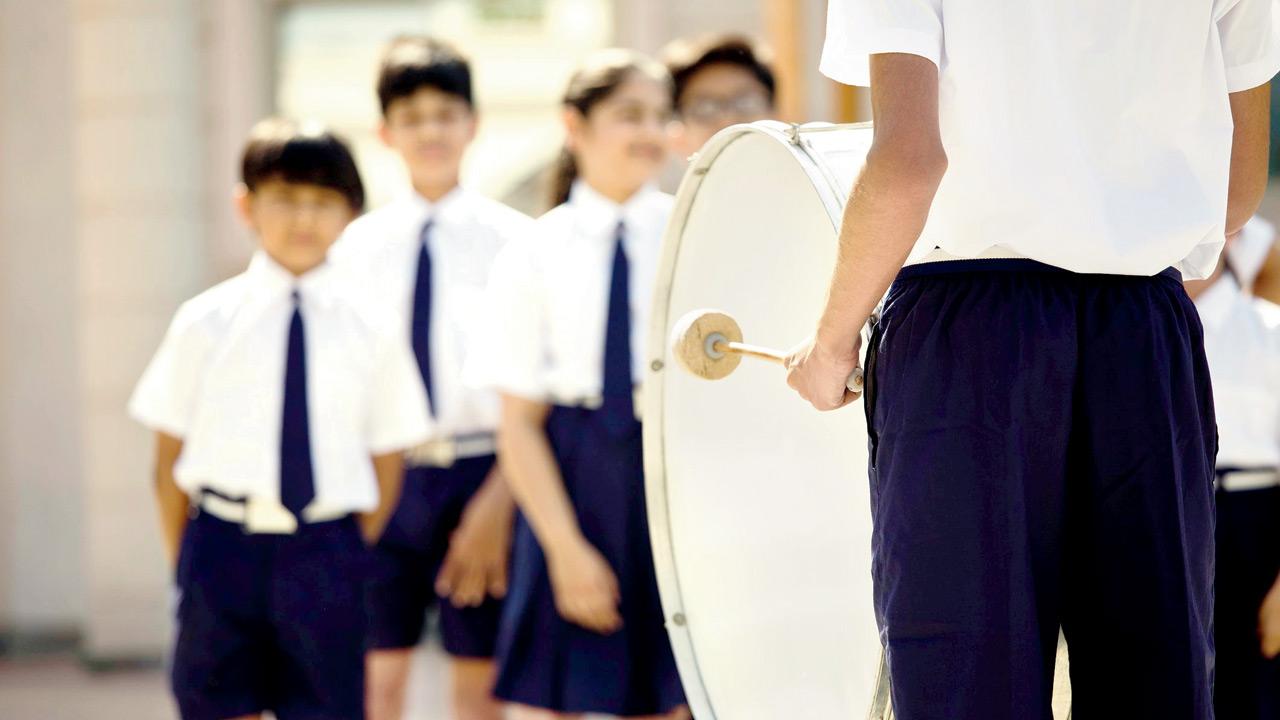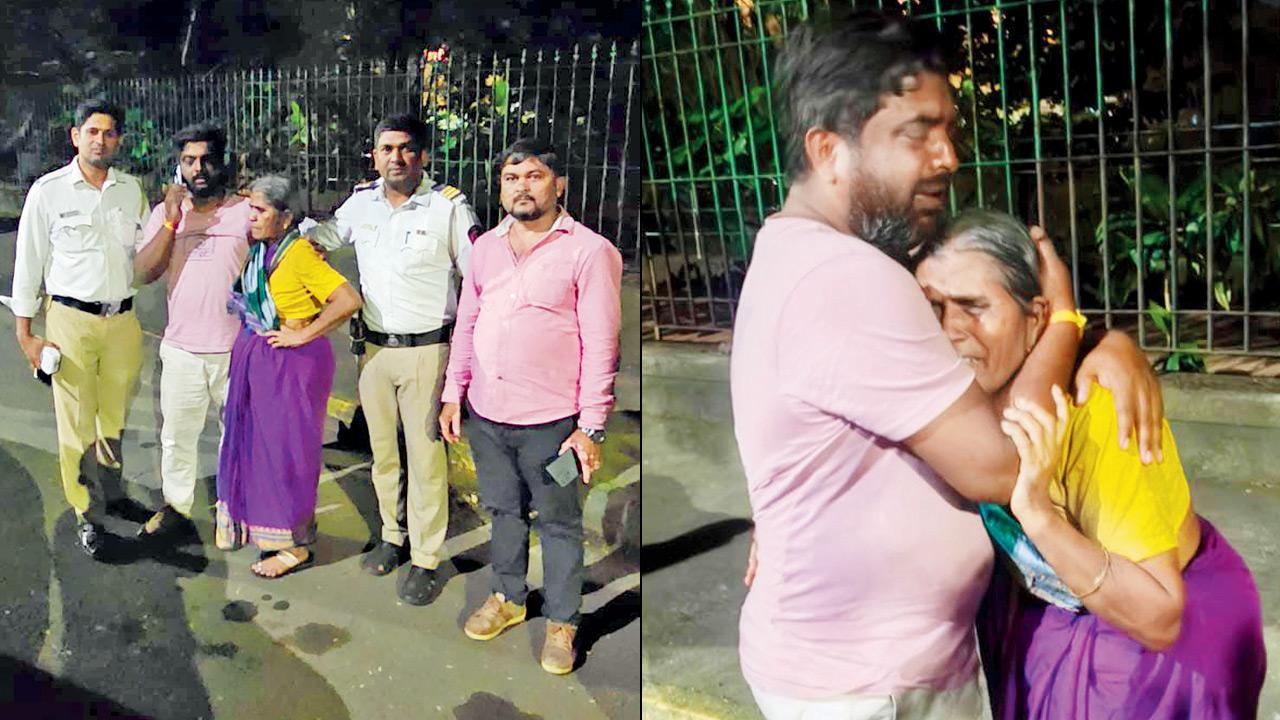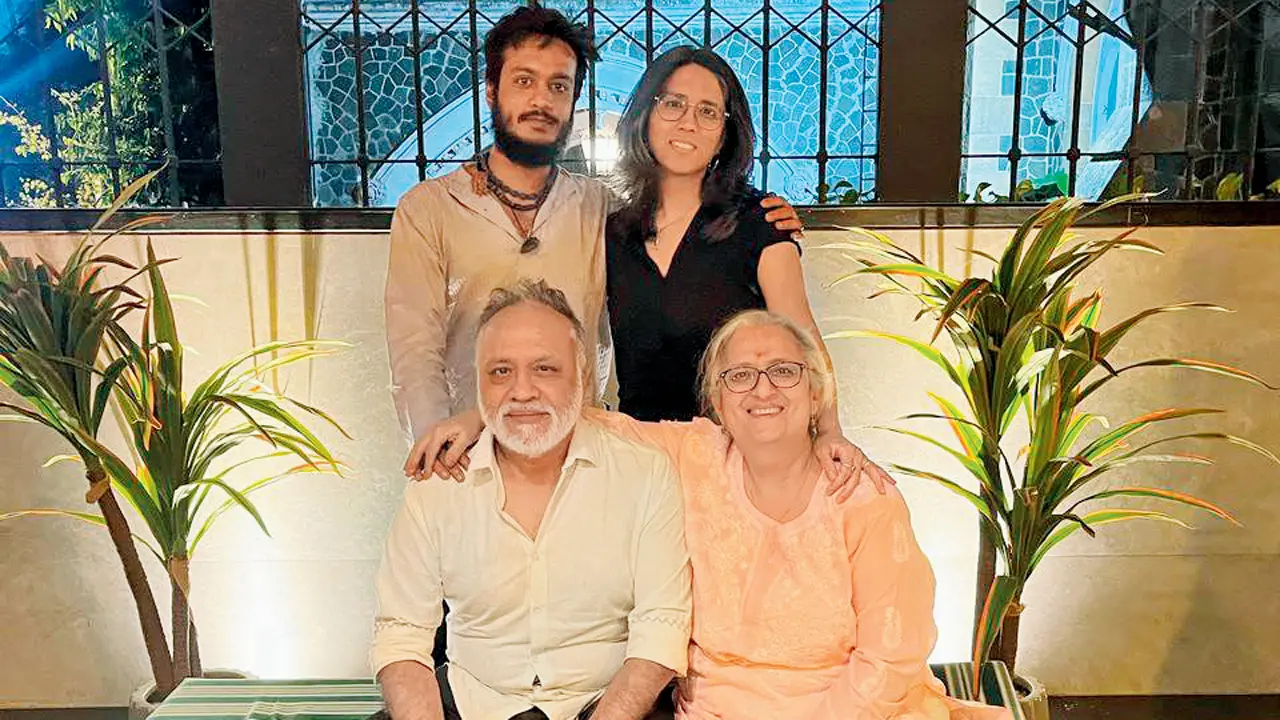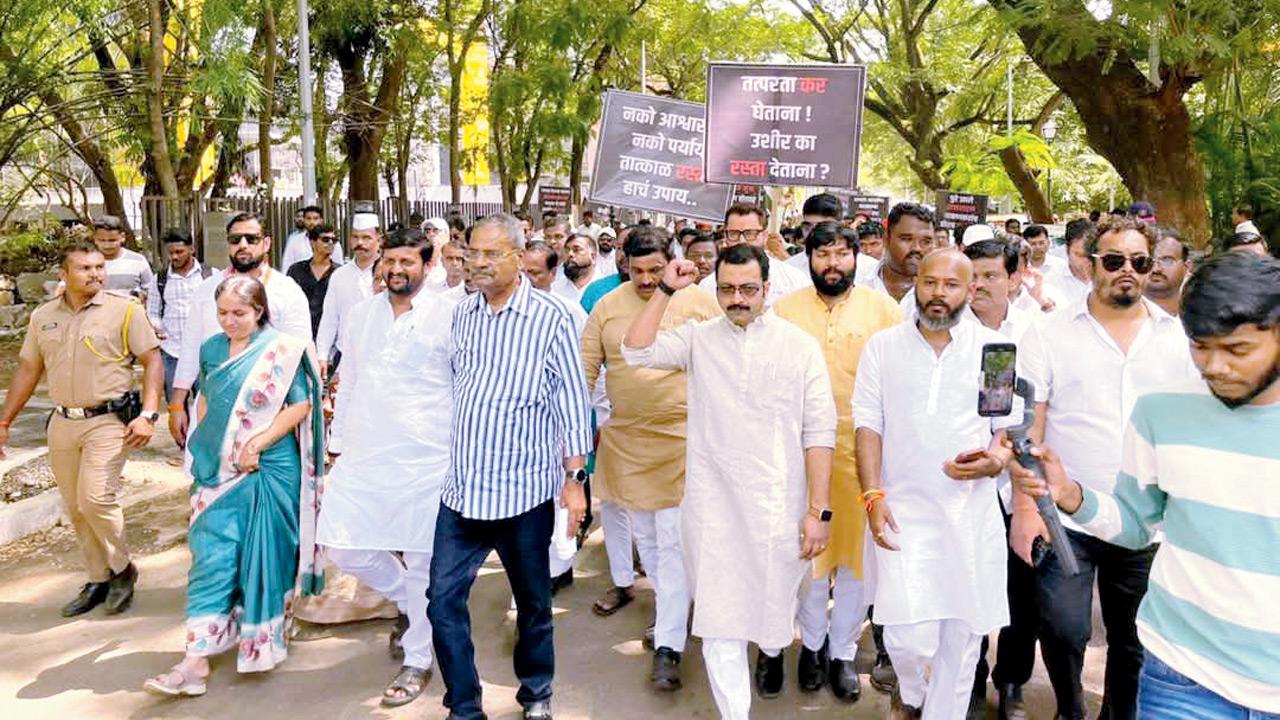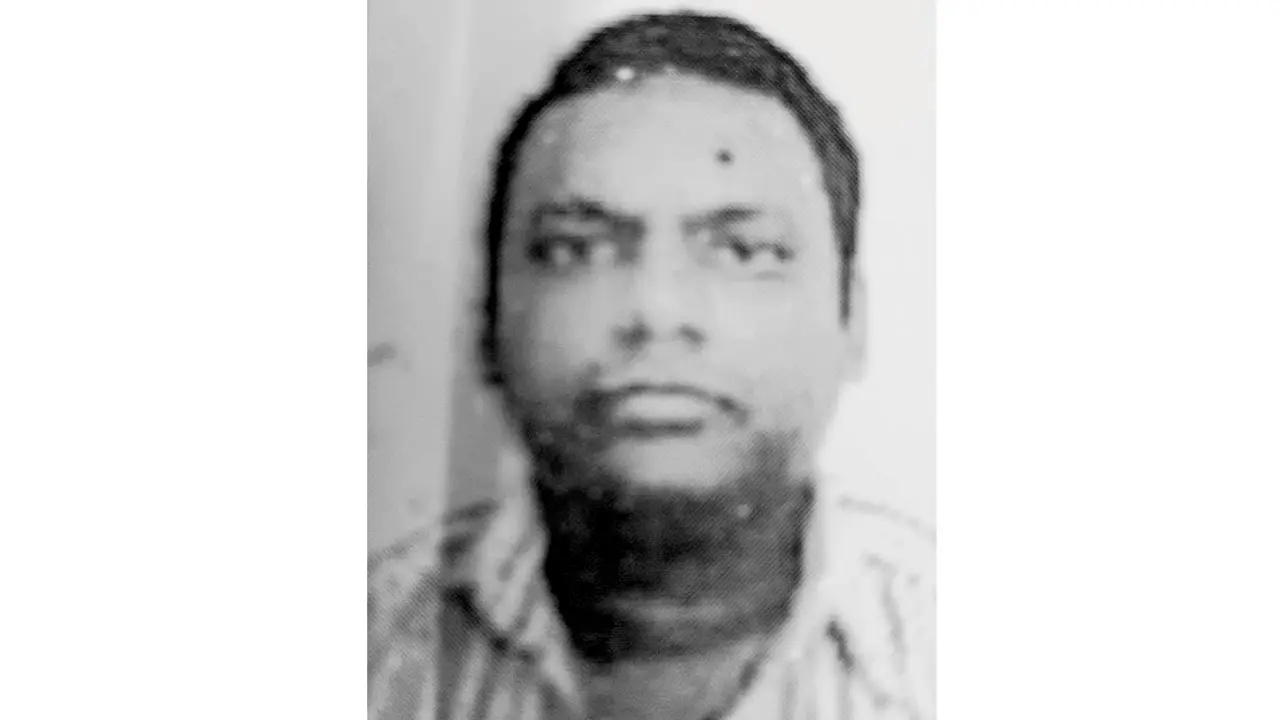While the state education department continues to send circulars to schools, asking them to celebrate various initiatives and remembrance days, teachers and school heads say that the last-minute and often unplanned activities cut into the school’s study timetable. Recently, the department issued a week-by-week calendar for teachers across the state, which also chalked out co-curricular activities.
In August alone, the schools were asked to celebrate Nav Bharat Literacy Campaign, Har Ghar Tiranga, Meri Mati Mera Desh, Partition Remembrance Day, Hamara Vidyalaya, Hamara Swabhiman, Rashtriya Krida Din, while a timetable released by the government of Maharashtra also mentions Chakradhar Swami Avatar Day, Nana Patil Jayanti, and Anna Bhau Sathe’s birth anniversary.
With the last-minute circulars making an appearance, teachers are now worried whether the events may take a toll on their school timetables. “The October semester is especially tricky,” said Jalindar Devaram Sarode, president, Shikshak Sena, Maharashtra.
“The year-end months already bring in several holidays and festivities. Our schools also conduct elementary exams for drawing during this time period, and the teachers have their hands full trying to complete the syllabus before exams. Adding more one-day celebrations to it, at the last minute, seems like the schools are making symbolic attempts rather than adding actual value,” he added.
Schools were asked to observe around 10 days of celebration in August. REPRESENTATION PIC/ISTOCK
As per school heads, a few institutions already observe literature days, sports weeks, history-learning initiatives, and more. Minority schools also celebrate their own regional and language days. However, the last-minute days of observance and campaigns planned by the higher-ups interfere with the school’s own timetable, school authorities say.
“For instance, last month we celebrated August Kranti Diwas through an assembly on the theme. In October, we are expecting Vachan Prerna Diwas, marking the birth anniversary of Dr APJ Abul Kalam. However, we also have our own school days planned for reading. The messages of these events need to be more than symbolic. The event needs to be integrated within our lesson plans so it’s not simply a token event and the students understand the true significance,” said the principal of a Mumbai school in the eastern suburbs.
“For now, we have allotted different days to different teachers, keeping the workload balanced and the teaching-learning hours unaffected. However, these days have become quite routine and cannot be avoided. We click pictures of the events and upload them online too. It’s not a mandate, but it’s certainly expected of schools,” he added.
In September, apart from the Teacher’s Day celebration on September 5, the timetable also outlines celebrating Raje Umaji Naik Jayanti, organising a nutrition fortnight, organising a literacy week, holding a test under the Nav Bharat Literacy Mission, and making preparations for Rangotsav — a newly launched state-wide school competition.
Speaking with mid-day about navigating the teaching-learning space, Sharad Gosavi, director of primary education, Maharashtra, said, “The NEP (National Education Policy) has outlined a set number of hours that teachers have to put in for preparation and execution. The timetable, along with all the outlined days, has been created keeping this in mind. Sometimes a new campaign for schools may come in from the state or centre, but the other celebratory days in the calendar have always been the norm.”
Another official at the state education department explained, “Most of the events that are directed towards schools can be wrapped up within the assembly hours, so teaching-learning remains unaffected. It is also important to remember that these events are aimed at making our students more well-rounded citizens so that they can lead society better.”
BMC schools, which are often spread out across different language mediums, also follow these circulars. “It’s just as true that these events have to take place in the school. We try to correlate the days and events with the curriculum so as to not miss out on any teaching-learning. We hold these events via virtual teaching centres, drawing contests, elocution contests and more to foster activity-based learning. Sometimes we limit some activities to only certain groups of students,” informed a senior official from the BMC.


